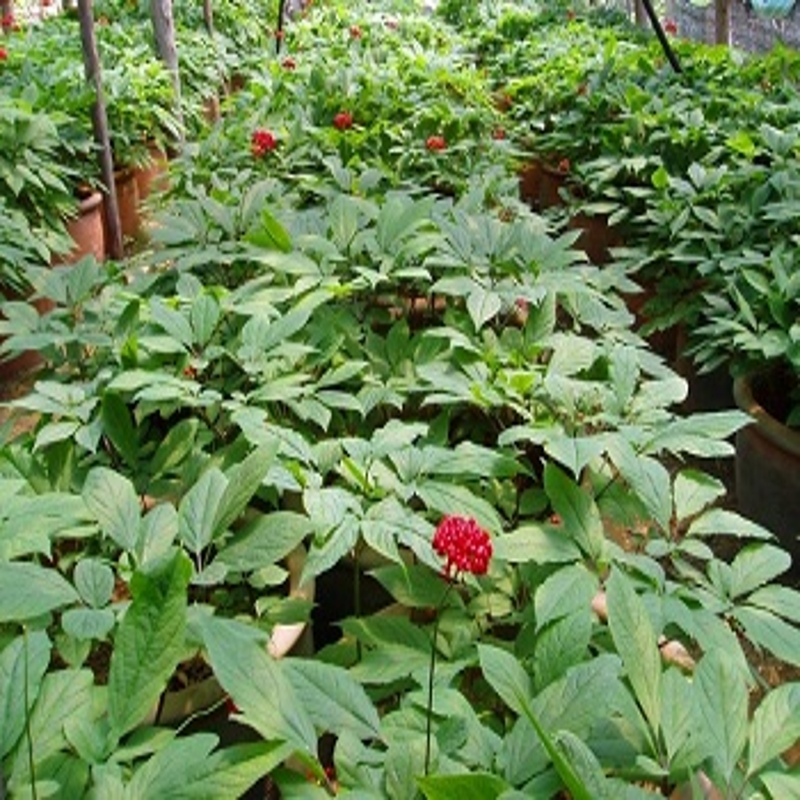The toxicity of Chinese patent medicines should be considered rationally when the product manual of many kinds of Chinese patent medicines is facing revision
-
Last Update: 2013-11-20
-
Source: Internet
-
Author: User
Search more information of high quality chemicals, good prices and reliable suppliers, visit
www.echemi.com
The State Food and drug administration has recently issued the notice on Revising the manual of Chinese patent medicines containing toxic Chinese herbal pieces, which requires manufacturers of Chinese patent medicines containing 28 kinds of toxic Chinese herbal pieces contained in the measures for the administration of toxic drugs for medical use, or other Chinese patent medicines which have been proved to be toxic and easy to cause serious adverse reactions Warning should be noted by the industry, and the varieties of Chinese patent medicines involving state secret technology are no exception Many drugs under Tongrentang and Baiyunshan, Chinese patent medicine enterprises, are facing the revision of product specifications It is not necessary to worry that the product will be imitated For the varieties of Chinese patent medicine involving state secret technology, if there are toxic Chinese herbal pieces, the specification will be revised according to the same standard The disclosure of components of Chinese patent medicine will be stronger than before Relevant manufacturers should submit supplementary application for revision of the specification before December 31, 2013 Previously, Chinese medicine preparations listed as national secret formulas were not disclosed to consumers even if the formulas contained toxic drugs In February this year, Yunnan Baiyao related products were required to be recycled by the Hong Kong Department of health and the Macao Health Bureau because they were not marked with aconitine alkaloids, the toxic substances contained in them However, according to the relevant laws and regulations of the mainland, the formula and process of Yunnan Baiyao are "confidential" and are not open to the public Jiang Erguo, deputy director of the information center of traditional Chinese medicine of China Association of traditional Chinese medicine, said that the disclosure of the names of toxic herbs is only part of the ingredients of traditional Chinese medicine, which is different from the open formula As a complete technical scheme for the preparation of traditional Chinese medicine products, the formula of traditional Chinese medicine includes many factors, such as the composition of drug taste, the proportion of drug taste, the preparation process and the dosage form If the technological content of the drug is high, it is not necessary to worry about the imitation of the product if some ingredients are disclosed In addition, the revision of this manual does not involve the national first-class protected varieties of traditional Chinese medicine within the protection period At present, the first-class protected varieties of traditional Chinese medicine include Yunnan Baiyao Powder and Yunnan Baiyao capsule, Pianzihuang, Wuhan Jianmin Longmu Zhuanggu granules, Angong Niuhuang Pill of Tongrentang, Liushen Pill of leiyunshang, dong'e'ejiao, Shexiang Baoxin Pill of Shanghai and Huangyao, etc "The first-class protected varieties belong to the top secret level of traditional Chinese medicine preparations, enjoying long-term confidentiality, and may not indicate the pharmaceutical ingredients in the domestic product manual." Jiang said Cheng Huayao, an expert in the field of toxicity of medicinal materials, pointed out that toxic medicinal materials refer to the fact that all medicines have a certain bias of cold, hot, warm and cool, not that all medicines contain toxic chemicals "Toxicity is the basic characteristic of traditional Chinese medicine The toxicity of a drug does not mean that it is a poison After processing, the toxicity of traditional Chinese medicine will be greatly reduced As long as the rational use of drugs, the possibility of adverse reactions is very low However, it is undeniable that the approval system of traditional Chinese medicine in China is not scientific and lacks the international standard system The in-depth study of toxicological analysis and slow toxicity experiment of many varieties is not enough, and the disclosure of product specifications is not complete, which is an urgent problem to be solved in the whole industry of traditional Chinese medicine in the future " Ji Chunhao, an industry expert, said.
This article is an English version of an article which is originally in the Chinese language on echemi.com and is provided for information purposes only.
This website makes no representation or warranty of any kind, either expressed or implied, as to the accuracy, completeness ownership or reliability of
the article or any translations thereof. If you have any concerns or complaints relating to the article, please send an email, providing a detailed
description of the concern or complaint, to
service@echemi.com. A staff member will contact you within 5 working days. Once verified, infringing content
will be removed immediately.






